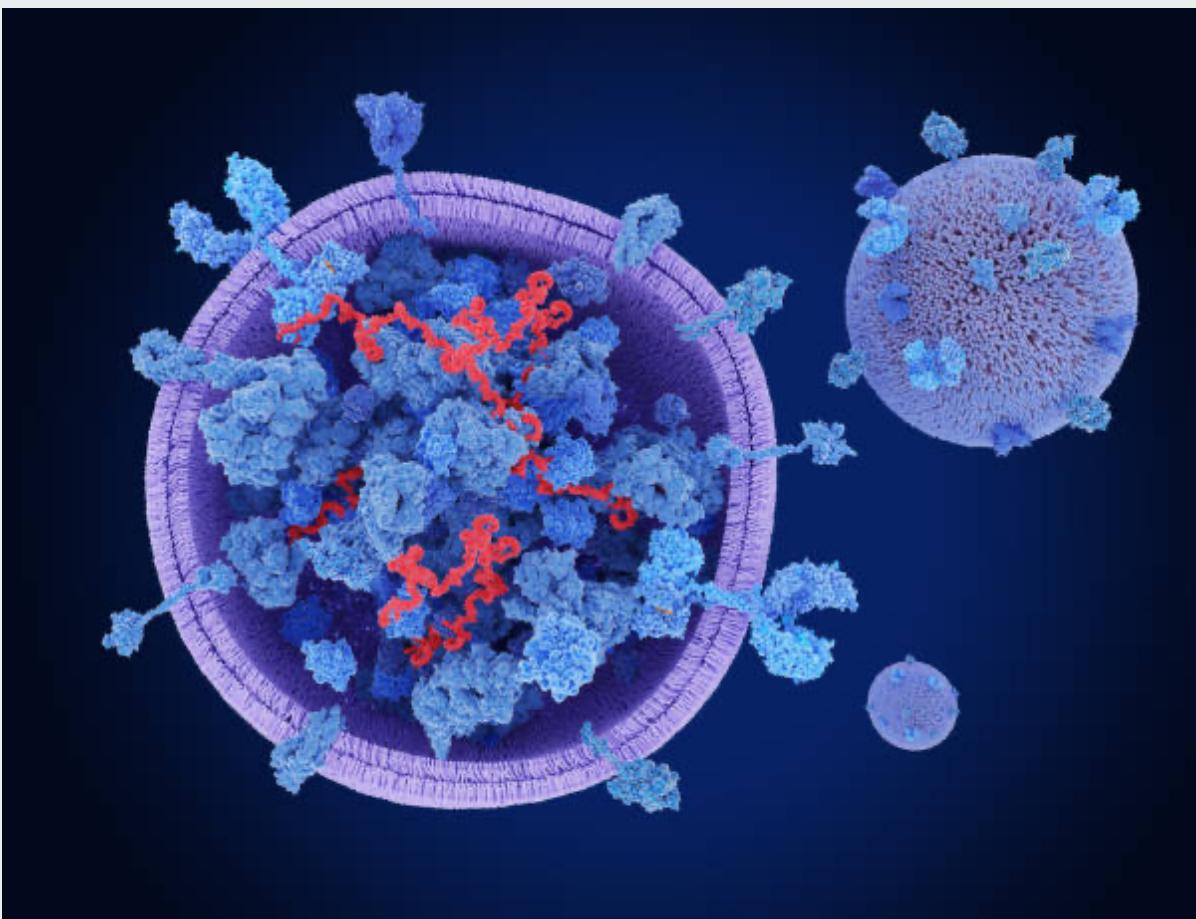Exosomes are tiny vesicles secreted by cells. They act like “couriers” for intercellular communication, shuttling through the human body and delivering various important messages. Scientists discovered exosomes 50 or 60 years ago, but they considered them as cellular waste. These were often discarded when they were found in the laboratory until 2013, when the Nobel Prize in Physiology or Medicine was awarded to Professors James E. Rothman, Randy W. Schekman, and Thomas C. Sudhof for their outstanding contributions to the study of extracellular vesicles (EVs) and exosomes, that the mystery of how cells transport these small message vesicles was finally unraveled.
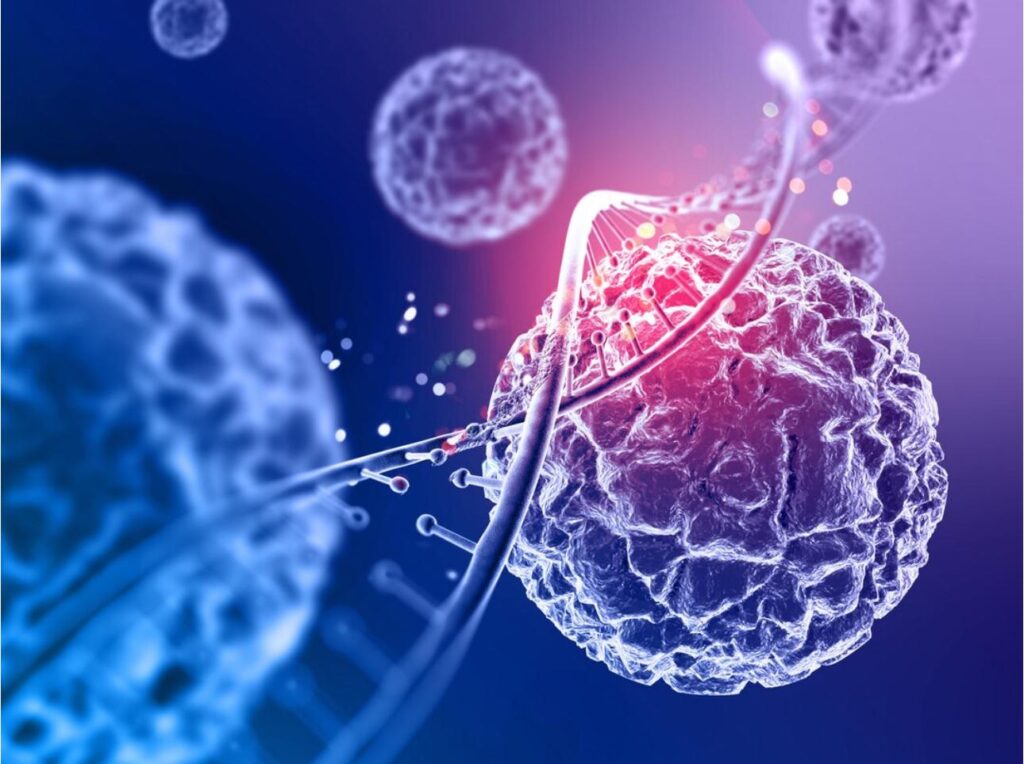
What Are Exosomes?
Exosomes are tiny vesicles secreted by cells, ranging in size from 40 to 160 nanometers. They transport a variety of biomolecules, including nucleic acids, lipids, proteins, and metabolites essential for cellular physiology, as well as signaling molecules that facilitate intercellular communication. Exosomes can be primarily categorized into three sources: human, animal, and plant. They act as “messengers” that transmit information between cells, regulating their behavior and providing numerous health and beauty benefits. Scientists James E. Rothman, Randy W. Schekman, and Thomas C. Sudhof discovered that these secreted vesicles carry this crucial responsibility for intercellular communication, a discovery for which they were awarded the Nobel Prize in Physiology or Medicine in 2013.
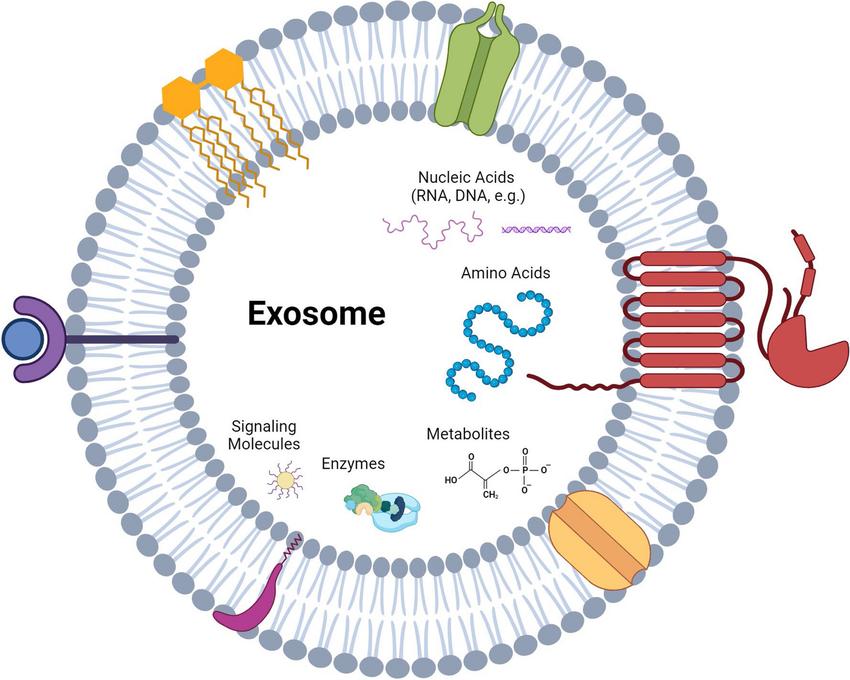
Benefits Of Exosomes
- Intercellular communication experts
Exosomes can transmit information from one cell to another, helping cells to collaborate in various repair and regeneration tasks.
2. Promoting tissue repair and regeneration
Exosomes can help repair damaged tissue, promote wound healing, and restore skin elasticity. They can also reduce scar formation and accelerate hair growth.
3. Regulating immune system
Exosomes can inhibit excessive inflammatory responses, while enhancing the immune regulation ability of cells and improving sensitive skin.
4. Delaying aging
Exosomes are rich in growth factors that can awaken the fibroblasts in the skin, help produce collagen, and keep the skin young and elastic.
5. Activating cell function
Exosomes can activate stem cell activity and promote the regeneration of damaged tissues, such as cartilage repair in degenerative arthritis.
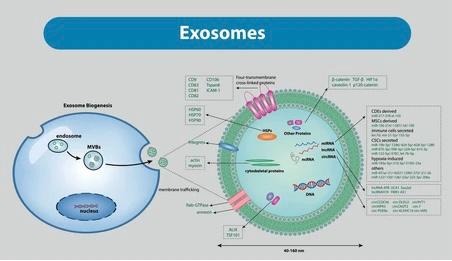
What Are The Advantages Of Exosomes?
- Good absorption
As exosomes are nano molecules, they can penetrate the skin easily.
2. Fast response
When some cells become abnormal and seek support, healthy cells can respond quickly and regenerate to repair.
3. High compatibility
Exosomes have a double-layer phospholipid structure, which can dissolve well with other cells and help with regeneration and repair.
Therapeutic Applications Of Exosomes
- Aesthetics and skincare
Exosomes can be extracted and processed into skincare products or directly injected into the body. The active ingredients in exosomes can penetrate the skin layer and reach the dermis, exerting the following effects:
• Skin repair
• Anti-aging
• Skin tone evening
•Soothing sensitive skin
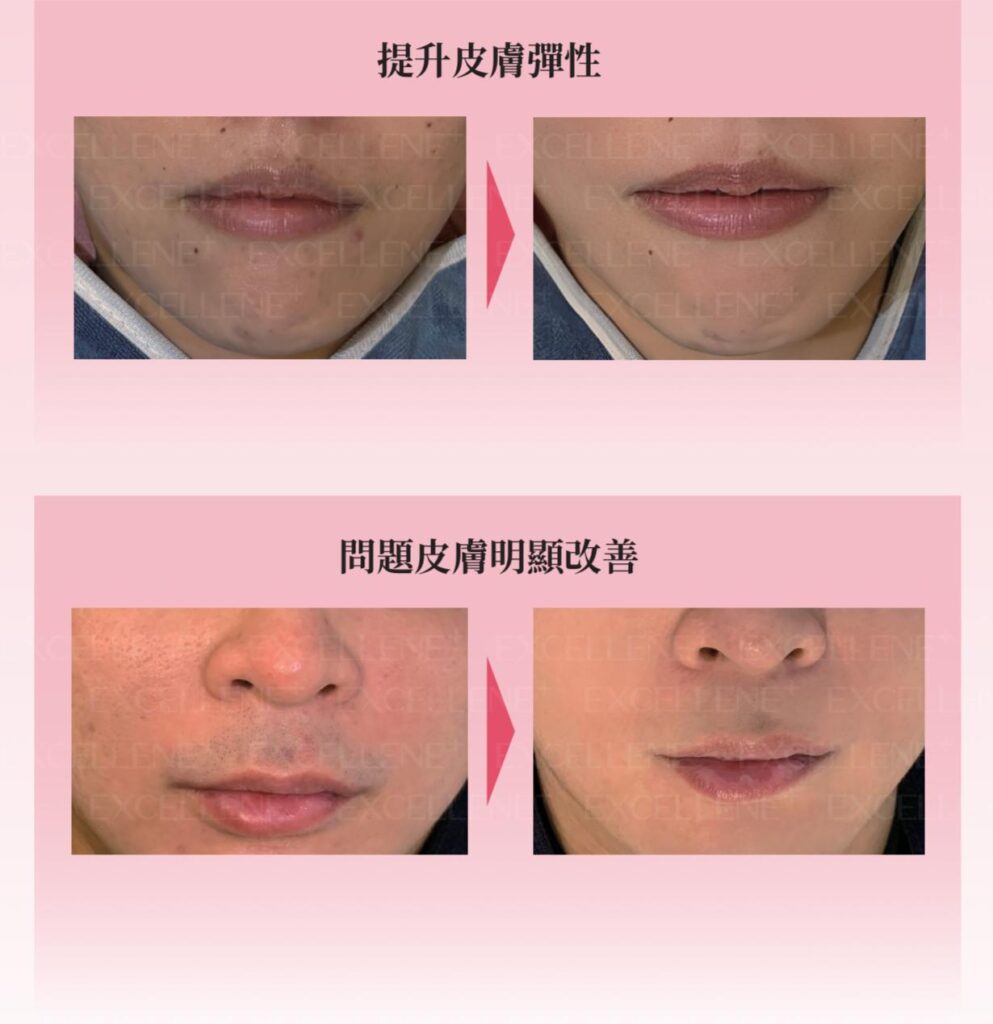
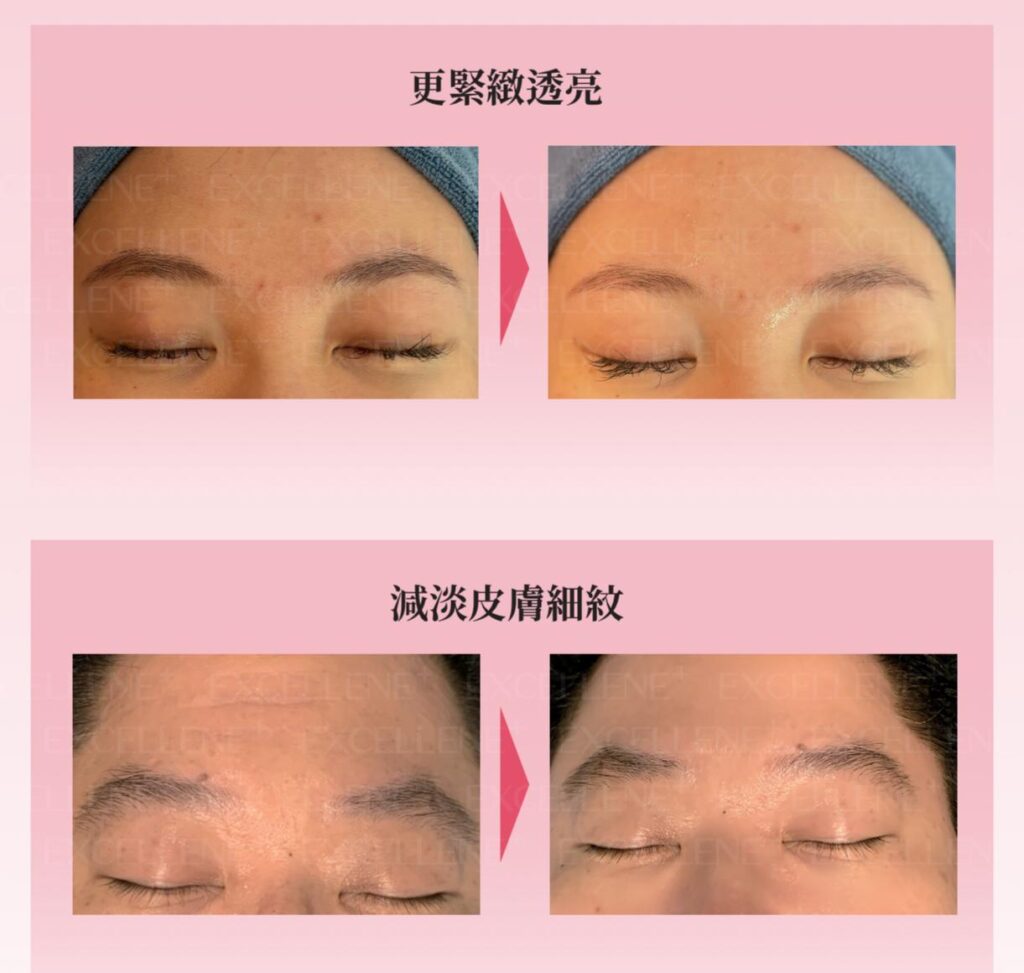
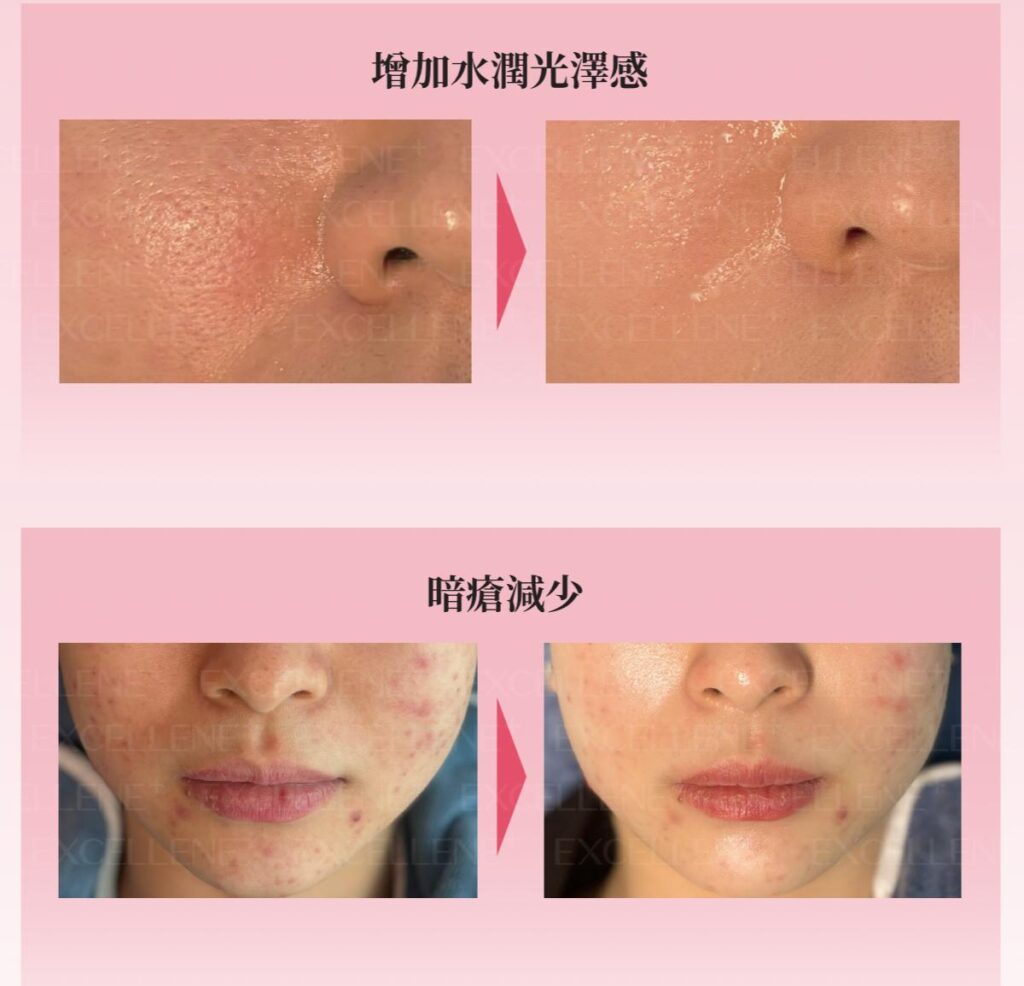

2. Hair growth treatment
Exosomes are rich in bioactive molecules, such as growth factors and angiogenesis factors. They can play a variety of important roles in promoting hair growth, including:
• Enhancing hair nourishment
• Strengthen hair roots
• Improving scalp environment
• Reducing inflammation

3. Disease treatment
Exosomes have many potential applications in disease treatment and can serve as new treatment methods, providing new possibilities for the treatment of various diseases.
• Immune regulation
• Tissue repair and regeneration
• Cell communication
• Drug carrier
If you have any questions or inquiries, please call 25628398 or WhatsApp 59999587 to contact our medical staff.


